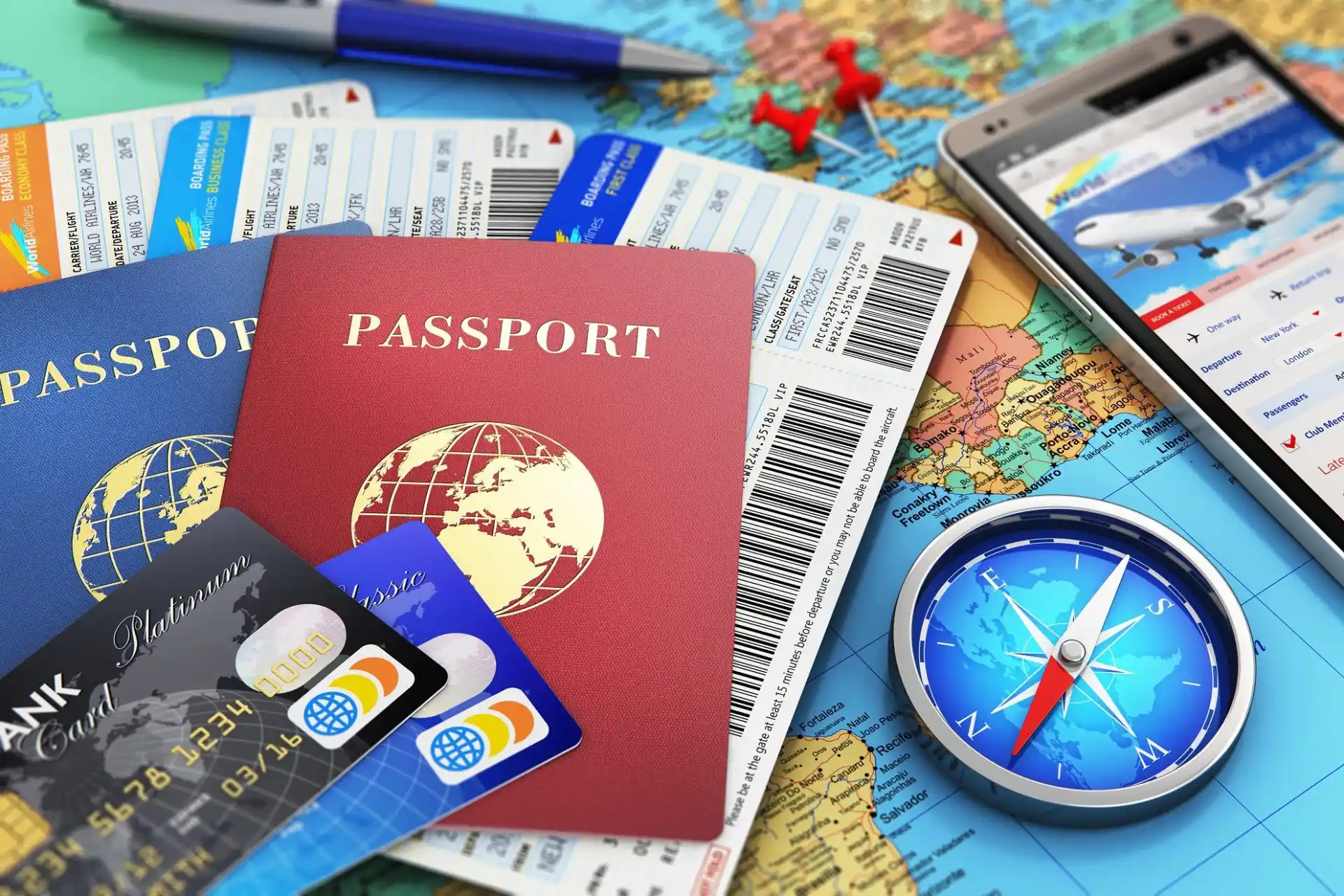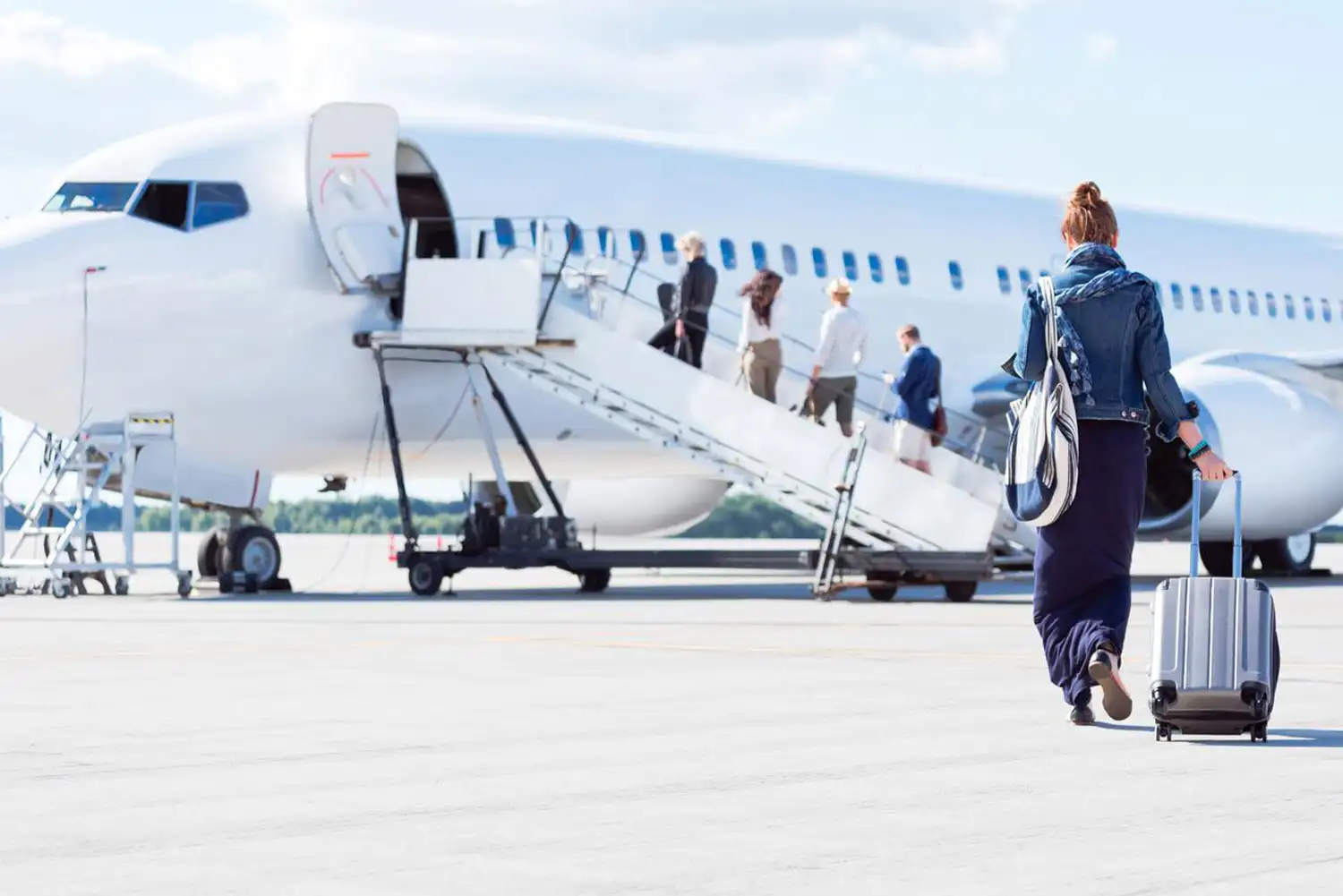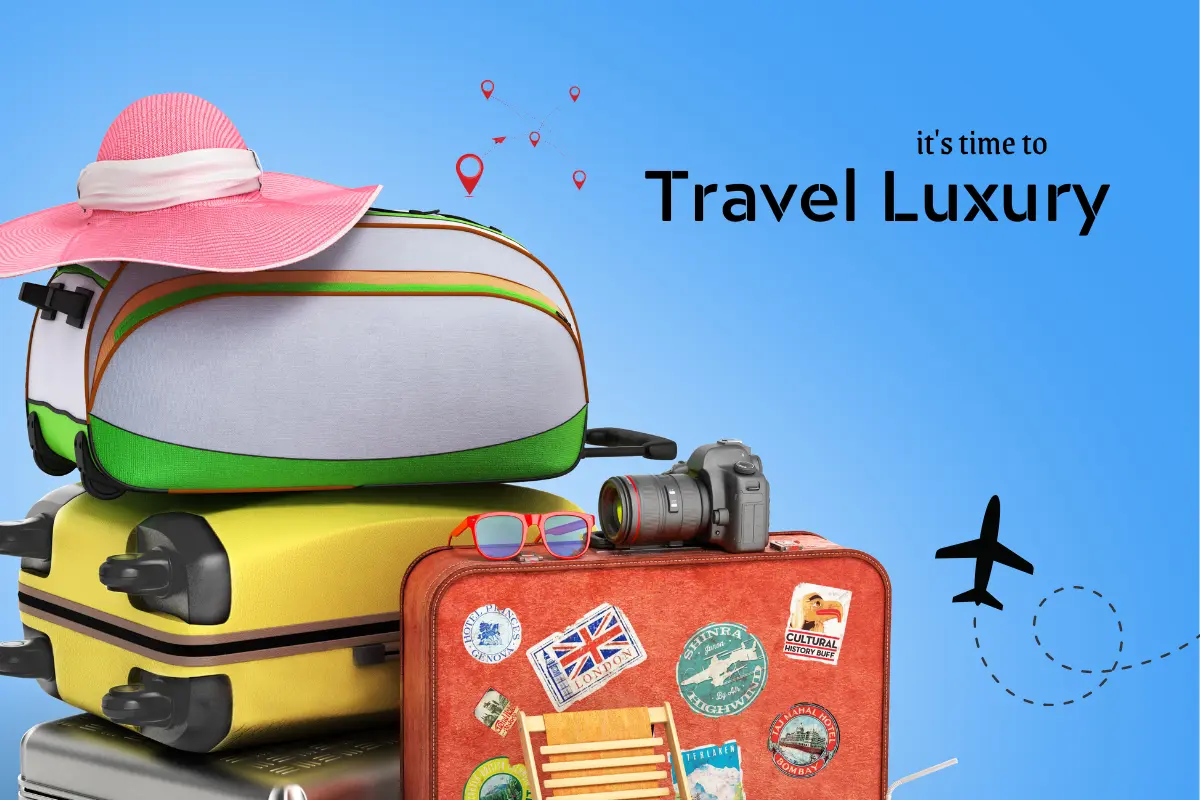Embarking on your first international trip is an exhilarating experience. From exploring new destinations to immersing yourself in unfamiliar cultures, traveling abroad opens doors to unforgettable adventures. However, for first-time travelers, it can feel a bit daunting to navigate the complexities of international travel. With so much to prepare, planning and being well-informed will ensure your trip goes smoothly. In this detailed guide, we’ll walk you through 4 essential tips every first-time traveler should consider to ensure their journey abroad is stress-free and enjoyable.
1. Have a Passport and Visa Ready

The foundation of any international trip begins with having a valid passport. This essential travel document proves your identity and nationality and allows you to enter foreign countries. For first-time travelers, obtaining a passport should be one of the first tasks on your to-do list. It’s crucial to apply for a passport well in advance of your travel dates since processing times can vary, sometimes taking several weeks or even months.
- Check the Expiration Date: Ensure your passport is valid for at least six months beyond your planned departure date. Some countries have strict entry requirements, and you may be denied entry if your passport expires within a few months of arrival.
- Visa Requirements: In addition to your passport, some countries require a visa for entry. A visa grants permission to stay in a foreign country for a specific period. First-time travelers should research the visa policies for the countries they are visiting. For instance, many European countries participate in the Schengen Area, which allows for easier travel between participating countries. On the other hand, some countries might have visa-free access or visa-on-arrival services for citizens of certain countries. It’s important to research well in advance whether a visa is required and how to apply for it.
- Visa Waivers and Exemptions: Some countries, like those in the Schengen Area or the United States, offer visa waivers for tourists from specific countries, allowing short visits without needing a traditional visa. Be sure to check the specific requirements for the country or countries you intend to visit and apply for the necessary permits ahead of time.
Tip: Take a photocopy of your passport and visa, and store it separately from the original documents in case they get lost or stolen.
2. Get Into Research

Thorough research is essential when visiting a new country, as it helps you feel more comfortable and prepared. As a first-time traveler, you’re entering a new environment, and understanding the language, culture, customs, and traditions will allow you to navigate your destination with ease.
- Learn Basic Phrases: Knowing basic phrases in the local language can be extremely helpful. Even if you’re not fluent, locals appreciate when travelers make an effort to communicate in their native tongue. Learn common greetings like “hello,” “thank you,” and “goodbye.” If possible, download a translation app to help with more complex conversations.
- Cultural Norms and Etiquette: Different countries have different cultural norms, and what may be acceptable in your home country could be considered disrespectful elsewhere. For instance, in some countries, tipping is a customary practice, while in others, it’s not expected. It’s crucial to familiarize yourself with local customs, dress codes, and social behaviors. Some destinations have conservative expectations when it comes to attire or behaviors in religious or sacred sites.
- Local Laws and Regulations: Research the local laws and regulations of your destination. For example, in some countries, there are strict penalties for actions that may seem minor elsewhere, such as chewing gum in public places or carrying certain items. It’s essential to be aware of the legal landscape to avoid inadvertently breaking laws.
- Travel Infrastructure: Make sure you understand how to get around once you arrive. Research the transportation systems in your destination—whether it’s public transport, taxis, or ride-sharing apps like Uber. Knowing how to navigate the transportation system will save you time and avoid confusion upon arrival.
- Destination Highlights: Study the must-see attractions, local landmarks, and hidden gems of the place you’ll be visiting. Research activities and sites that align with your interests, whether it’s sightseeing, hiking, shopping, or dining. A well-researched trip will help you plan your days efficiently and ensure you don’t miss out on the best experiences.
Tip: Use online travel blogs, forums, and social media groups to get insights and recommendations from fellow travelers who’ve been to your destination.
3. Book Everything in Advance

One of the most important tips for a first-time traveler is to book everything in advance. Pre-booking can save you time, stress, and money, ensuring you have everything set before your departure.
- Flights: Book your flights several weeks in advance to secure the best prices. Keep an eye on fare comparison websites like Google Flights, Skyscanner, or Kayak for discounts and deals. Booking early often allows you to choose the most convenient travel dates and times.
- Accommodation: Whether you prefer staying in a luxury hotel, a budget hostel, or a cozy Airbnb, it’s vital to book your accommodation ahead of time. Waiting until the last minute could result in higher prices or limited availability, especially during peak travel seasons. Additionally, booking early ensures you’re staying in a location that suits your needs—whether it’s close to attractions, public transportation, or the beach.
- Activities and Tours: Popular attractions and tours often sell out quickly, especially during peak seasons. To avoid disappointment, book tickets to popular sites and excursions ahead of time. Many tourist destinations now offer online booking for tickets to museums, historical sites, and guided tours.
- Transportation: For some destinations, pre-booking airport transfers or transportation passes can be more cost-effective than relying on taxis. Look for discounted transportation options, such as day passes for public transit or travel cards that allow unlimited use.
- Travel Insurance: Don’t forget to purchase travel insurance. It covers unexpected events like trip cancellations, medical emergencies, or lost luggage. While it’s an extra expense, it provides peace of mind knowing you’re financially protected in case of any unforeseen circumstances.
Tip: Booking things in advance also allows you to review all your options thoroughly and select the best choices for your budget and preferences.
4. Pack Your Bags

Packing may seem simple, but it’s a crucial part of any international trip. Packing too much can lead to excess baggage fees, while packing too little can leave you without essentials. Here’s how to pack like a pro:
- Pack Light and Smart: When traveling internationally, it’s essential to pack light. Avoid overpacking by thinking carefully about what you need and what you can buy at your destination. Only bring what you’re sure you’ll use. The more you pack, the heavier your luggage, and the more effort it takes to transport it. Aim to pack clothes you can mix and match to create different outfits, rather than overloading your suitcase with one-use items.
- Weather-Appropriate Clothing: Always check the weather forecast for your destination and pack accordingly. Consider the seasons, climate, and any specific activities you’ll be doing. If you’re going to a tropical destination, for example, lightweight, breathable clothing is key. For colder regions, bring layers, thermal clothing, and waterproof outerwear.
- Essential Travel Items: Don’t forget essential items like your phone charger, travel adapter, medications, toiletries, and any travel documents. These should all be in your carry-on bag so they’re easily accessible during your flight. Also, make sure to carry a power bank for your electronics, especially if you’re going on long day trips.
- Comfortable Footwear: Since you’ll likely be walking a lot, packing comfortable, durable shoes is a must. Choose shoes that are versatile and can handle different terrains, whether you’ll be exploring the city or hiking.
Tip: Use packing cubes or compression bags to organize your items and save space in your luggage. This helps keep your clothes wrinkle-free and ensures you can fit everything you need.
Conclusion
Traveling abroad for the first time is an exciting, life-changing experience. By preparing early and following these four essential tips, you can ensure your journey is enjoyable and stress-free. Remember to get your passport and visa in order, research your destination thoroughly, book everything ahead of time, and pack smart. With these steps, you’ll be well-prepared for your international adventure, ready to explore new cultures, meet new people, and create unforgettable memories.
FAQs:
- How early should I start applying for my passport?
- It’s recommended to apply for your passport at least two to three months before your travel date. Passport processing can take several weeks, so it’s best to get started early to avoid delays.
- What happens if I forget to book accommodations in advance?
- If you wait until the last minute, you may find that hotels are fully booked or prices are significantly higher. It’s advisable to book as early as possible, especially during peak travel seasons.
- What should I do if I lose my passport abroad?
- Report the loss immediately to the local authorities and contact your country’s embassy or consulate to apply for an emergency replacement passport.
- Do I need travel insurance for my trip?
- Travel insurance is highly recommended, especially for international trips. It provides protection against unforeseen circumstances such as flight cancellations, lost luggage, and medical emergencies.



















